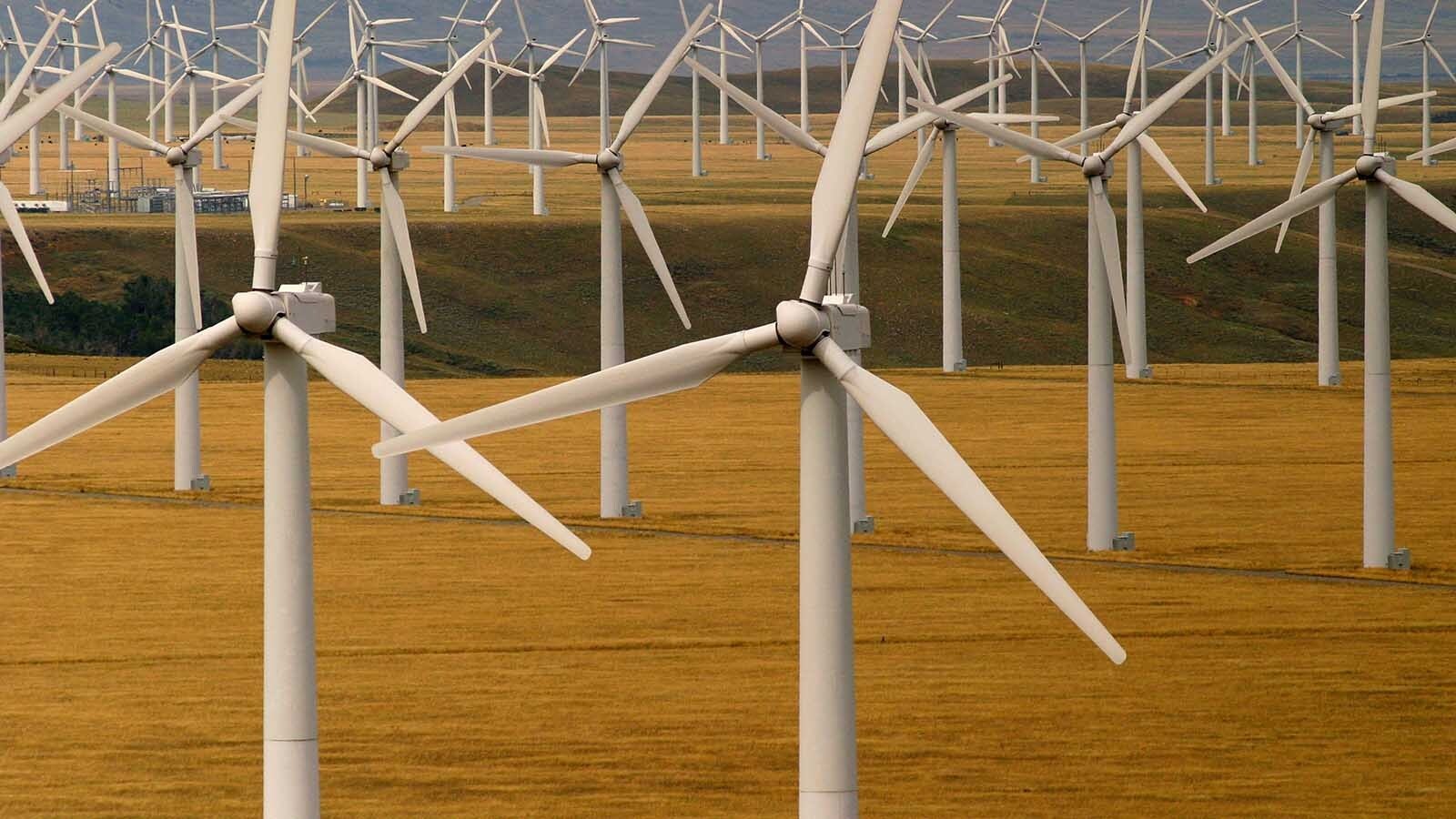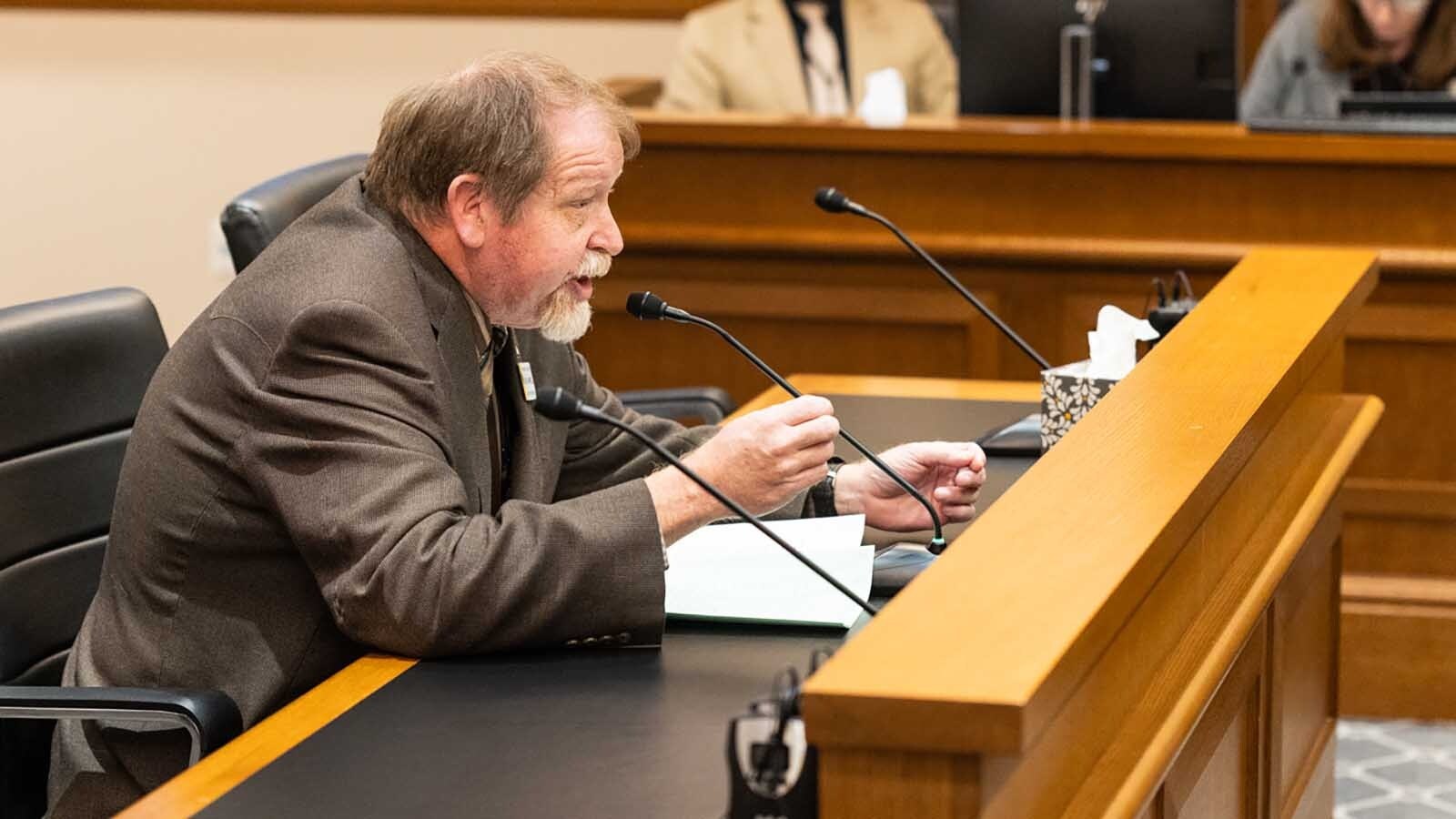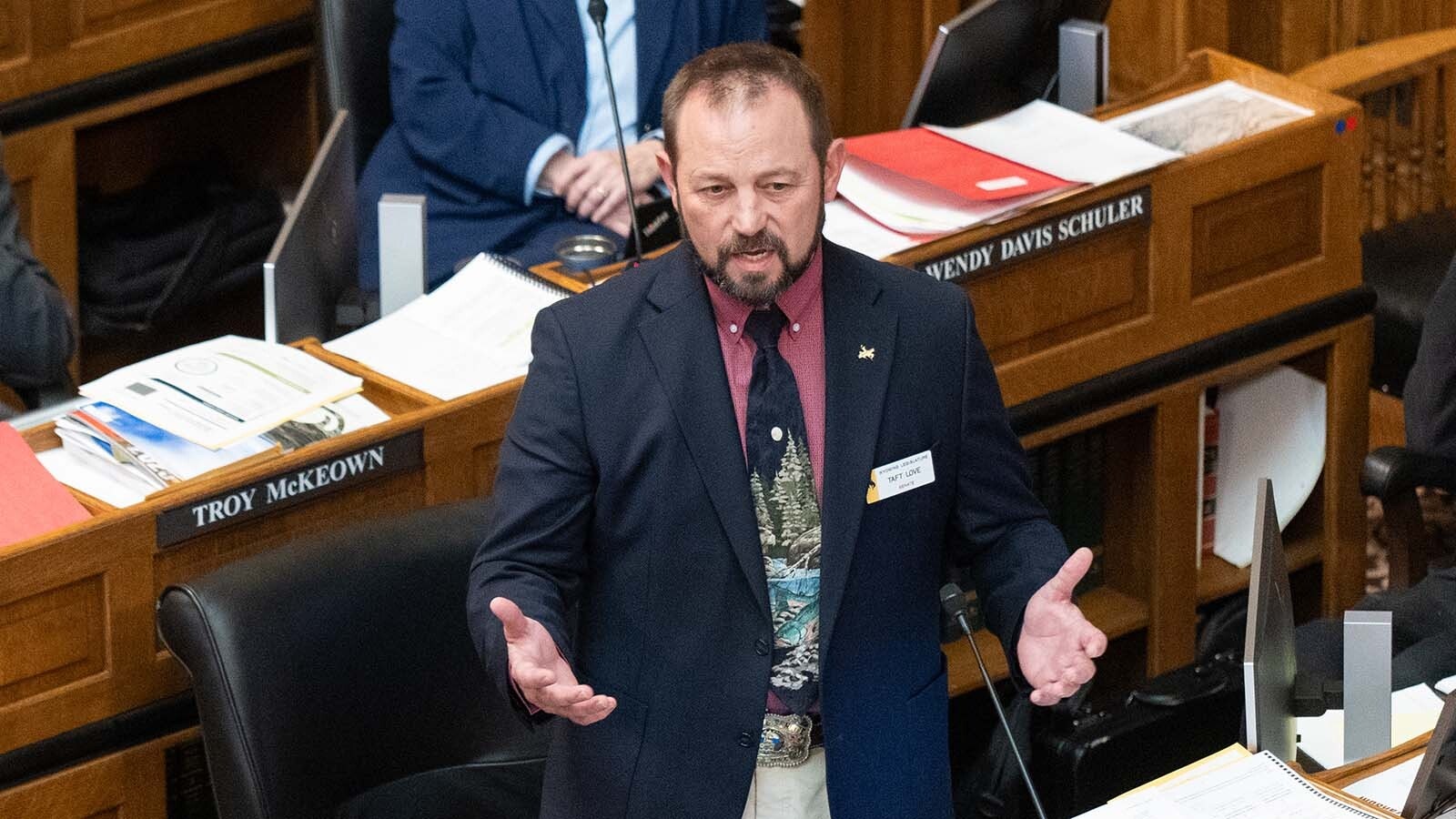After two months of workshopping and revisions, the Campbell County Commission voted Tuesday to prohibit the storage of high-level nuclear waste in the county.
It’s a message to the world know that it might want to be part of Wyoming's emerging nuclear industry, but it does not wish to become the nation’s nuclear waste dump.
The resolution, which evolved significantly from Commissioner Jerry Means' original September proposal to put the issue directly to voters, ultimately passed despite opposition from Commissioner Jim Ford, who argued the measure was premature and unnecessary given existing state and federal laws.
"I think presently that some of what's in this resolution is based on speculation and concerns about future unknowns," Ford said during Tuesday’s meeting.
He cited upcoming federal guidance from the Trump administration on Jan. 18 regarding permanent nuclear waste storage solutions and Wyoming's legislative session beginning Feb. 9 as reasons to delay action.
Ford emphasized that storage of nuclear waste is already illegal under both federal and state law, arguing the resolution "could be boiled down to a single line that just says we agree with the law and think it should be followed.
The resolution underwent substantial changes from its initial form in September, when Means proposed placing the nuclear waste storage issue on the 2026 General Election ballot.
That early version would have allowed voters to decide directly on whether such storage should be permitted in Campbell County.
The final resolution instead states that "the Campbell County Board of Commissioners supports any change in state law that would allow citizens to vote on the matter of high-level nuclear waste storage," acknowledging that current Wyoming law doesn't permit such a public vote.
Means explained his motivation for bringing the resolution forward, citing concerns about Wyoming becoming a repository for nuclear waste from neighboring states.
"Reading all this literature that I've been reading for the last four months says that the nation has to find a place for the nuclear waste," Means said. "And I'm here as a commissioner and put this resolution together to say, ‘No, I do not want spent or high-level nuclear waste in Campbell County."
He specifically referenced discussions about Wyoming partnering with Idaho, which must remove its nuclear waste by 2035.
Lessons From Bar Nunn
Commissioner Bob Jordan drew from his experience tracking Radiant's ambitions in the state.
He said the company initially focused on microreactor construction before revealing plans to bring spent fuel back to Wyoming.
"Radiant started in Gillette," Jordan said. "Never once was it mentioned about interim waste after their process of building reactors. It was only after they got to Casper (that) I realized that they were going to build them and fuel them, send them out to bring the waste back to Wyoming."
Jordan said that while laws currently prohibit such arrangements, "Laws can be changed."
Pointing to decisions by the Nuclear Regulatory Commission to approve storage facilities and waste disposal sites that were upheld in federal court, Jordan said, “When you have private companies able to circumvent or work on the laws and change policy, that’s a concern.”
He added, “All the people are saying is, ‘Look, we’re concerned about this.’ This is not anti-nuclear.”
BWXT Conflation
Commissioner Scott Clem, who voted for the resolution despite reservations about its timing, worried the measure would be conflated with BWXT's plans for a $500 million nuclear fuel manufacturing facility in Gillette.
"Essentially what this resolution does is it just brings it into conformity with state law," Clem said, agreeing with Ford that it essentially states the county will follow existing law.
However, he expressed concern about public perception.
"I guarantee we're going to pass this thing today and there's going to be people in the community,” he said. "I’m going to see it on Facebook and I’m going to run into people on the streets. You know what they’re going to say, ‘Why aren't you stopping BWXT? You passed the resolution.’
"And I'm going to have to say, ‘Well, the resolution actually had nothing to do with BWXT," Clem added, emphasizing that BWXT isn't proposing to store or create any high-level nuclear waste in Campbell County.
Specific Prohibitions
The approved resolution explicitly prohibits several types of nuclear waste storage in Campbell County.
It bans deep geological repositories, whether in caverns or boreholes, and declares that no exemptions will be granted for interim or consolidated storage.
The resolution additionally "encourages Campbell County residents to make their voices heard through their state legislators regarding any currently proposed or future changes to state law governing nuclear storage in Wyoming."
Jordan emphasized the importance of getting ahead of the issue rather than reacting after decisions are made.
"One thing about Campbell County, I'm tired of hearing about it every time something goes on as well, ‘You’re an informed public. You should have engaged. You should have stepped up. Too late now,’" Jordan said. "This is a community saying, ‘Hold on, we want to have this conversation. We want to have the conversation up-front.”
David Madison can be reached at david@cowboystatedaily.com.





